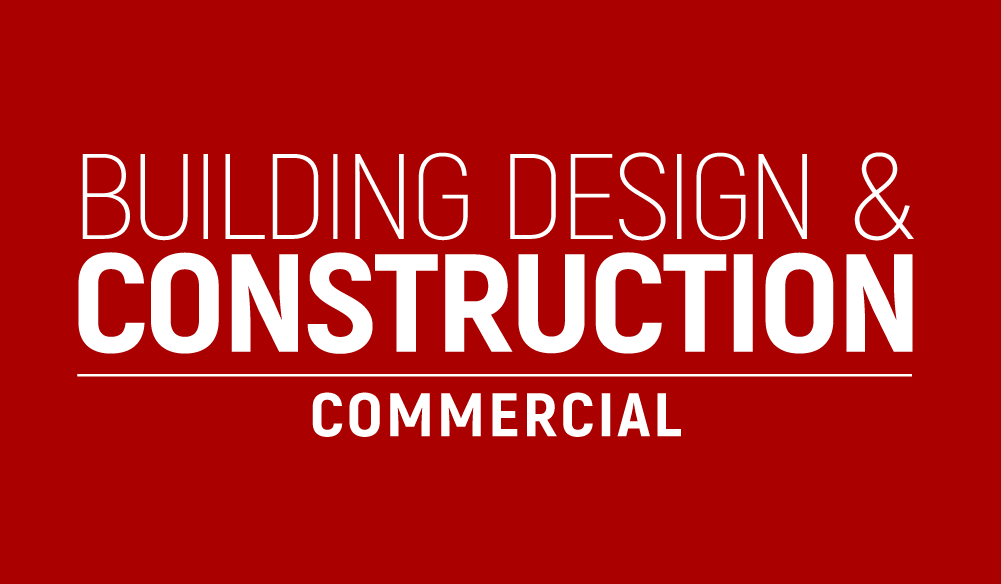Wynn Resorts has spent nearly $20 million on the purchase of a number of homes near Mystic River as part of the ongoing development of Boston’s first casino and hotel resort, the Wynn Boston Harbor.
From September 2015 to August 2016, Wynn Resorts purchased 10 residential, commercial, and industrial properties near the casino site in the city of Everett, Massachusetts. In some cases, the prices paid were far above valuations, as reported by the Boston Globe in March this year: “In one transaction, Wynn Resorts bought a home with a small business building in the back, a property assessed at $193,800, for $900,000. In another, a home was assessed at $353,400 and went for $975,000.”
Steve Wynn, the casino magnate behind Wynn Resorts and one of the most innovative, 21st-century leisure resort developers, means business with the development of this multi-billion dollar resort. A number of commercial and industrial properties along Route 99 leading up to the casino have been purchased and demolished by the company and several other businesses are making plans to move. A spokesperson for the company, Robert DeSalvio, president of Wynn Boston Harbor, has confirmed intentions to “invest in the overall success of our host community” through “demolition and landscaping to make the entry to our resort spectacular.” He went on to say that plans are being made to “work closely with the city of Everett to bring even more vitality and prosperity to the area.”
The $2 billion casino and hotel complex, which also borders the city of Boston, has recently reached construction stage despite a number of costly setbacks along the way. In September 2015, the planning board of the city of Everett approved the plan for the resort after a 27-month process by Wynn Resorts and the state investigating its environmental impact. The company spent roughly $30 million to decontaminate and remediate a 33-acre former chemical plant site, which was inaccessible for nearly 100 years. In a further attempt to move plans forward, Wynn Resorts made a payment of $25 million in 2014 to the city of Boston to alleviate traffic problems at Sullivan Square and agreed to a $1.6 million annual payment to offset any detrimental long-term impacts of the casino resort. This amount was increased further in 2016 by an additional $400,000 per year for the next 15 years and a one-off payment of $750,000 was made to defray any legal costs for the city of Boston relating to attempts to block the development of the casino.
In the final week of January 2016, the city of Boston struck an agreement with Wynn Resorts thereby ending its longstanding opposition to casinos and casino activities in the city. Main construction works began on the resort after a final appeal by the city of Somerville was dropped in August 2016.
The resort, which will include 629 rooms, six restaurants, a sports bar, dedicated conferencing, and event facilities also feature a year-round harbor walk along Mystic River. This main attraction will feature viewing decks, pathways for bikes and pedestrians, waterfront dining and retail, a performance lawn, and a dedicated water ferry. It is the first of its kind, not only in Boston but also the “largest private single-phase construction project in the history of the Commonwealth of Massachusetts.” Suffolk Construction and Jacobs have been named as the resort’s general contractor and executive architect, respectively and overall design has been managed internally by Wynn Design & Development, LLC, an offshoot of the Wynn organization. Approximately 4,000 union trade jobs and 4,000 permanent operation jobs are expected to be created by the construction of the resort. Initially scheduled to open in 2018, the opening date has been pushed back to 2019.
Pic Attribution By Nick Allen [CC BY-SA 4.0 (http://creativecommons.org/licenses/by-sa/4.0)], via Wikimedia Commons




